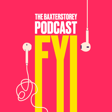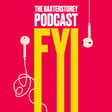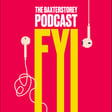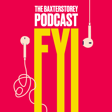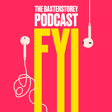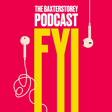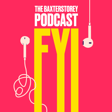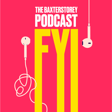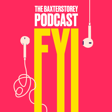
S2:EP4: Food for Thought - Food that feeds your mental wellbeing
In this episode, we are joined by Great British Menu winner, Kirk Haworth, Andy Aston and Charlotte O'Donnell, hosted by Natalie Mainwaring. Together, they discuss the importance of what good food in our daily lives can do for us and the difference it can make to not just our overall health, but our mental wellbeing too.
Kirk gives his expert opinion on fuelling your body and mind to feel your best and how he has used food as a medicine in managing symptoms of Lyme disease. Andy talks about eating like our ancestors and appreciating simple foods. Charlotte gives her experience on the power food can have on our day-to-day lives and how it can transform our outlook on both work and life.
You won't want to miss this episode! Thanks for tuning in.
